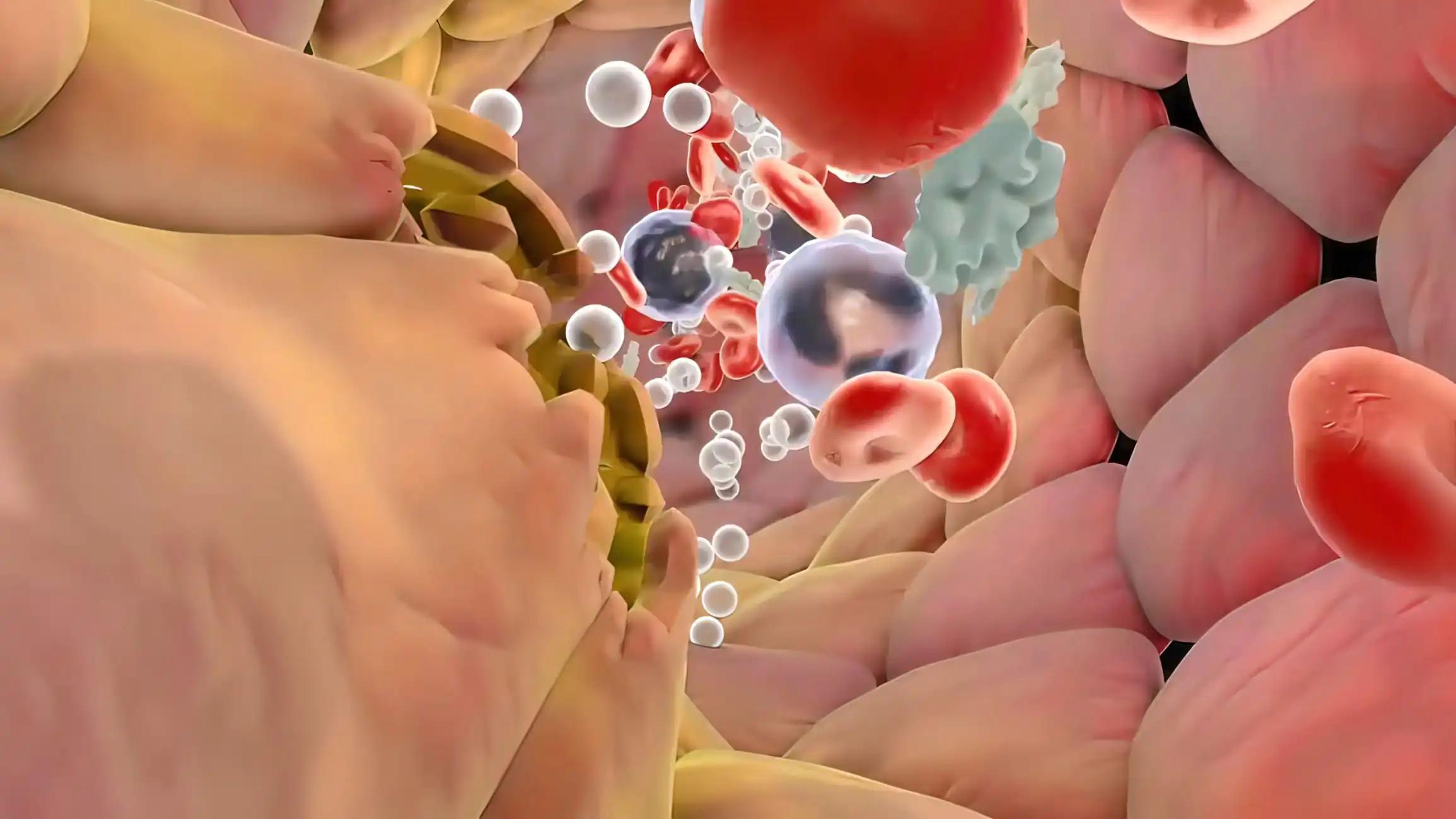KEY TAKEAWAYS
- The STRONG phase 3b trial tested immune checkpoint inhibitor therapy in previously treated mUTC patients.
- This retrospective investigation seeks to identify clinical and biochemical parameters affecting clinical outcomes in mUTC patients who received Durvalumab.
- Univariable and multivariable studies predicted ORR and OS using PD-L1 expression and blood neutrophil/lymphocyte ratio NLR.
- ORR and OS had 4-factor model C-indices of 0.69 and 0.66, respectively.
- This model needs prospective testing to optimize the therapeutic index for mUTC patients receiving immune checkpoint inhibitor medication.
This retrospective study investigated the clinical and laboratory parameters associated with clinical outcomes in patients with mUTC who received Durvalumab (D) in phase 3b STRONG trial after progression on chemotherapy. Model selection was performed on data from 867 patients (mean age 68 years; 80% male; 87.1% ECOG PS 0-1). Objective response rate (ORR) and overall survival (OS) were predicted using PD-L1 expression and previously identified prognostic factors (blood neutrophil/lymphocyte ratio [NLR], visceral metastasis, platelet count, ECOG-PS, and LDH), with a subset of patients with non-missing prognostic factor data and non-missing response data.
Patients whose prognostic variables were substantially (P<0.05) related to response and OS in the univariable analyses were included in the multivariable analyses. The final model was a multivariate one, and it was the one with the highest predictive ability (as measured by the concordance (C)-index) that was chosen. The combination of PD-L1, NLR, visceral metastases, and platelet count in a 4-factor multivariable model with 457 pts was related to enhanced ORR and OS. ORR and OS had C-indices of 0.69 and 0.66 in the 4-factor model, respectively. This exploratory retrospective study found that ORR and OS with D in previously treated pts with progressing mUTC positively correlated with a 4-factor model of readily available parameters, including tumor PD-L1 expression, visceral metastasis, NLR, and platelet count. Further prospective studies are needed to assess the model’s potential to guide the selection of patients for the best treatment index.
Source:https://oncologypro.esmo.org/meeting-resources/esmo-congress/4-factor-model-to-predict-response-and-survival-benefit-with-durvalumab-d-in-previously-treated-metastatic-urinary-tract-carcinoma-mutc
Clinical Trial: https://clinicaltrials.gov/ct2/show/NCT03084471
G.P. Sonpavde, C.N. Sternberg, J. Lee, U. Emeribe, S.M. Oh, A.R. Dantas De Lima, S.J. Hotte/1748P – 4-factor model to predict response and survival benefit with durvalumab (D) in previously treated metastatic urinary tract carcinoma (mUTC)/Annals of Oncology (2022) 33 (suppl_7): S785-S807. 10.1016/annonc/annonc1080



